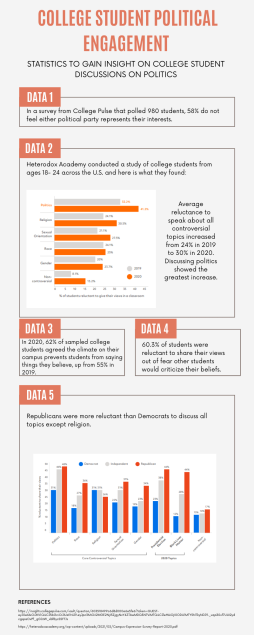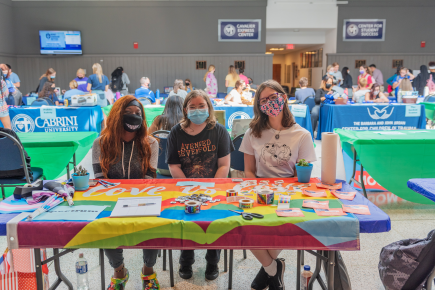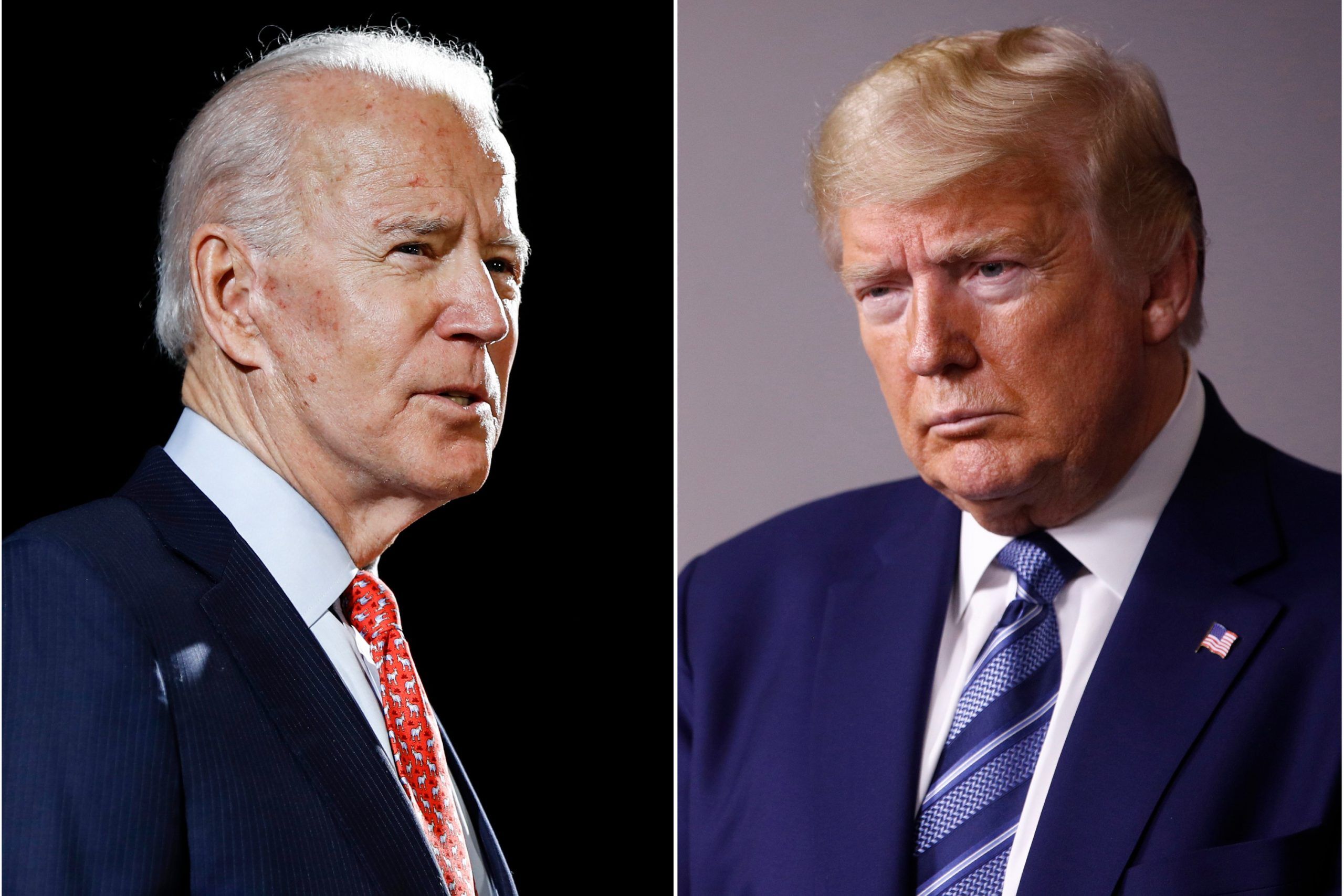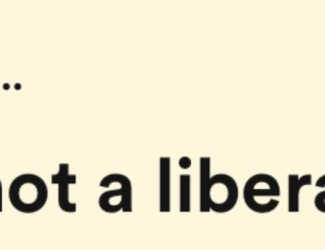With a societal push for social justice reform and political issues becoming less about politics and more about human rights issues, encouraging active political involvement at a younger age is more important than ever.
The U.S. was built upon democracy which means inclusive fundamental political participation is a right and imperative to promoting real change in society now and in the future. When young people have all the necessary tools that allow them to be active participants in democracy, then they hold the power to make legislative changes.

“I think it’s important for people at college age to be involved with politics because you are at the age where you are eligible to be able to vote and participate in elections and it’s part of your civil duty,” Hannah Boone, sophomore early childhood education major, said.
“Right now there are so many integral legislative movements that are threatening human rights or are related to different human rights movements and it is important to recognize that we as voters are the people who get individuals into the office and can stop these restrictions from happening,” Kendall Trumbore, vice president of the Spectrum club, said.
If young people have the power to make real change in society for themselves and for generations after them, then why do some students at Cabrini not want to talk about politics?
“I have seen a wide range at Cabrini of people who are involved and those who are impartial and then those who do not even want to talk about politics at all,” Boone said.
“I’m not involved probably because I don’t take the time to learn what I need to, but I do vote but not in all of the elections,” Jordan Williams, junior sociology major, said.
Heterodox Academy said in a study, that in recent years more and more college students are hesitant to discuss race, gender, sexuality and politics in the classroom. This self-censorship is due to students fearing being ostracized or canceled for their political beliefs. In some cases, they do not speak up because their views may not be popular opinions among other students.
“I have seen people in my classes who have felt like they have not been able to not really say where they stand politically, and then when they are in a class discussion feel they have to alter their opinions while talking about them in order to pass the class,” Boone said.
Cabrini is a school that places high value on social justice and student engagement, hence various social justice courses are a part of the core curriculum. This allows for a students’ college experience to go far beyond receiving a degree. It also exposes its students to many social justice issues and helps them find their voice, but not all students are happy about that.
“As a liberal arts school that focuses a lot on social justice, I find there are a lot more people who are impartial to politics,” Boone said. “During my social justice classes last year there were some students who were upset that we talked about politics a lot, more people than I thought there would be.”
According to a College Pulse study on political activity among college students done in 2021, 58 percent of the 980 students polled indicated they do not feel represented by either political party.
When young people are disengaged by political parties then they lose their representation as well as their voice on issues that directly affect them, such as LGBTQIA+ rights, gun control, reproductive rights, healthcare, education and many others.
“After the Parkland shooting, I started getting involved with politics because after that happened I realized this is pretty important to me,” Boone said. “Gun control is very important to me as an early childhood education major, and now as someone who can vote I can make an impact on that by voting.”
Although Cabrini focuses on an inclusive social justice environment, not all students who attend Cabrini are involving themselves with these issues outside of classes. It is never too late to become politically aware and advocate for legislative change because even if you do not believe you will be affected, there are countless others who do not have the same privilege.

Joining a club is a terrific method to learn about these topics through first-hand experiences of other students, whether they want to get engaged with politics and activism on campus or just want a safe area to learn and explore all paths.
Cabrini’s Spectrum club is an organization on campus that educates on LGBTQIA+ and gender topics while providing a safe space for students on campus. This club’s major focus is education and the normalization of conversations about sexuality and gender but also provides a sense of belonging for students.
Even though they are not a self-proclaimed political club, a lot of their discussions and members are politically active. Due to the current political climate where there is a lot going on with LGBTQIA+ rights across the U.S., Spectrum also holds educational events to bring awareness of issues in the LGBTQIA+ community to students on campus as well as celebratory events. As well as support for that would benefit local LGBTQIA+ groups in the community that provide housing and other necessities to queer youth.
“I deeply believe that getting involved out there in politics through your form of activism is the best way to accomplish what you want to see,” Trumbore said.






